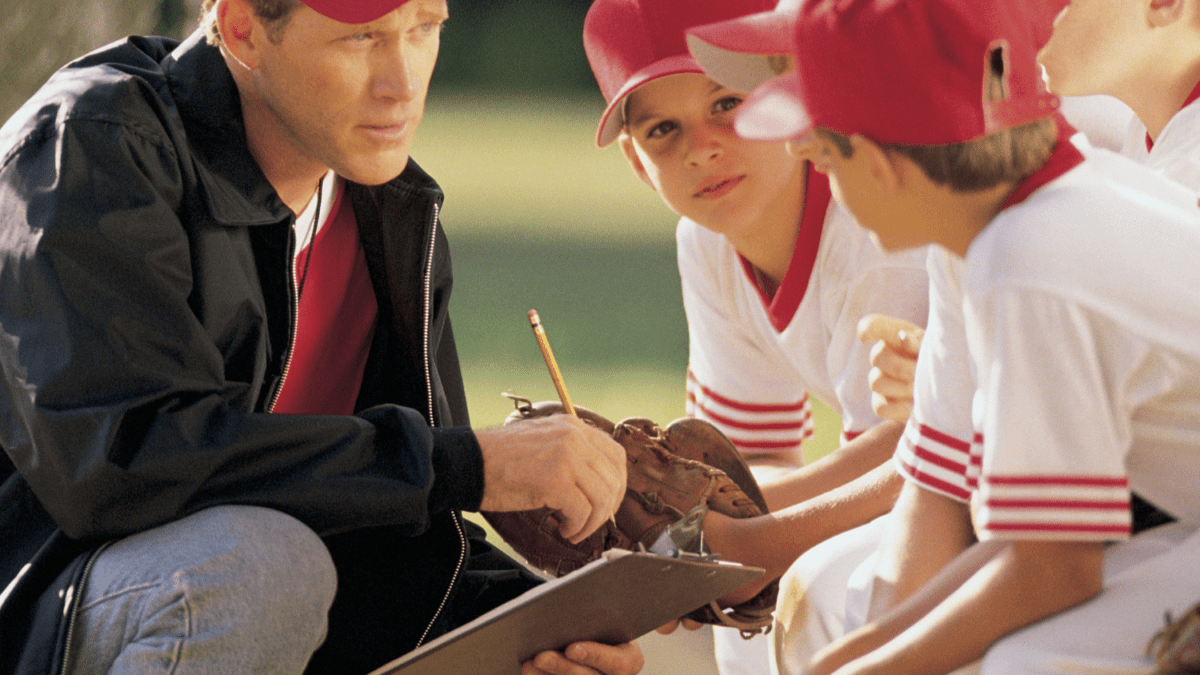By: the Dakota Children’s Advocacy Center
After-school and summer activities such as sports, camps, and clubs provide childcare, additional learning opportunities, and social engagement for kids. Parents and caregivers rely on the individuals who offer these activities to keep their kids safe; however, there are steps parents should take to help prevent abuse from happening.
Communication – Talk with your children often about good vs. bad touching, and what to do if something makes them uncomfortable. Frequent communication about these topics helps build trust and makes having tough conversations less awkward.
Limit One-on-One Situations – Prevent your child from having one-on-one, uninterruptible alone time with other adults or children. This should include private coaching sessions and associated travel.
Policies & Systems Protecting Children – It’s your right to ask to see the policies and systems a school or community organization has in place to protect youth. These should spell out appropriate and inappropriate physical contact between athletes and adult coaches, trainers, and volunteers.
Staff and Training – Ask if adult staff and volunteers have received SafeSport training or other training that helps them recognize signs of physical, sexual, and psychological abuse and respond appropriately. All staff, from the executive director to a bus driver, should be trained as mandated reporters, required by law to report suspicions of child abuse or neglect.
To learn more about signs of child abuse, and how to prevent it, visit the The Issue of Child Abuse page.

